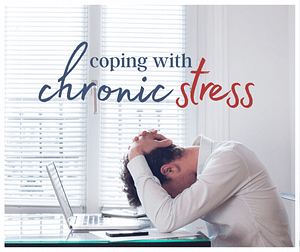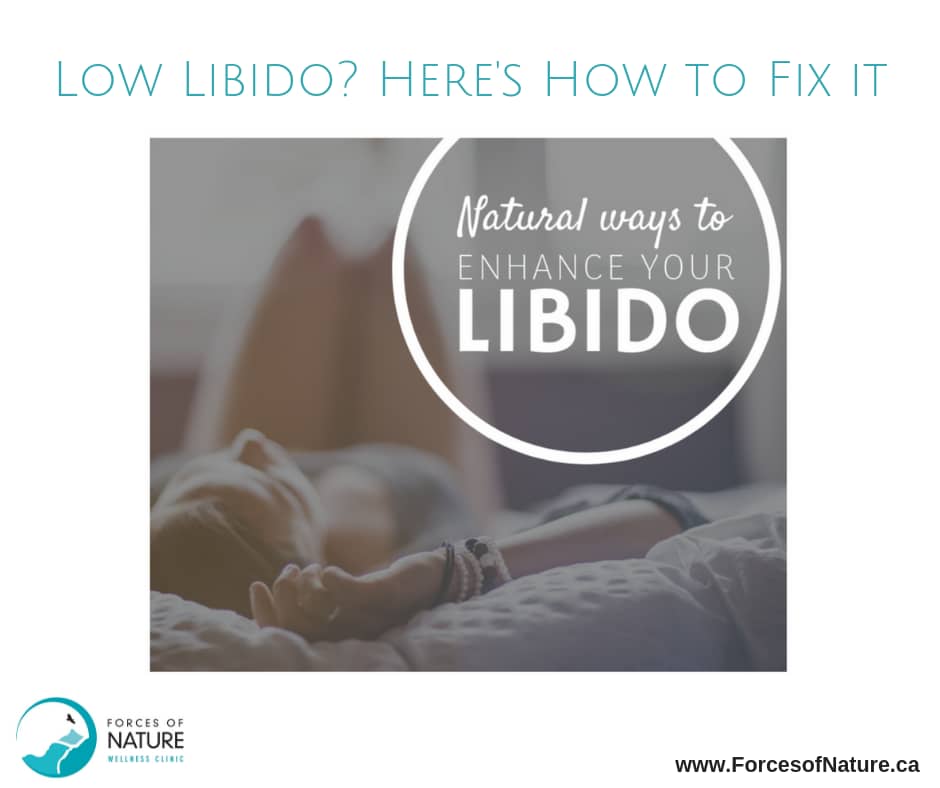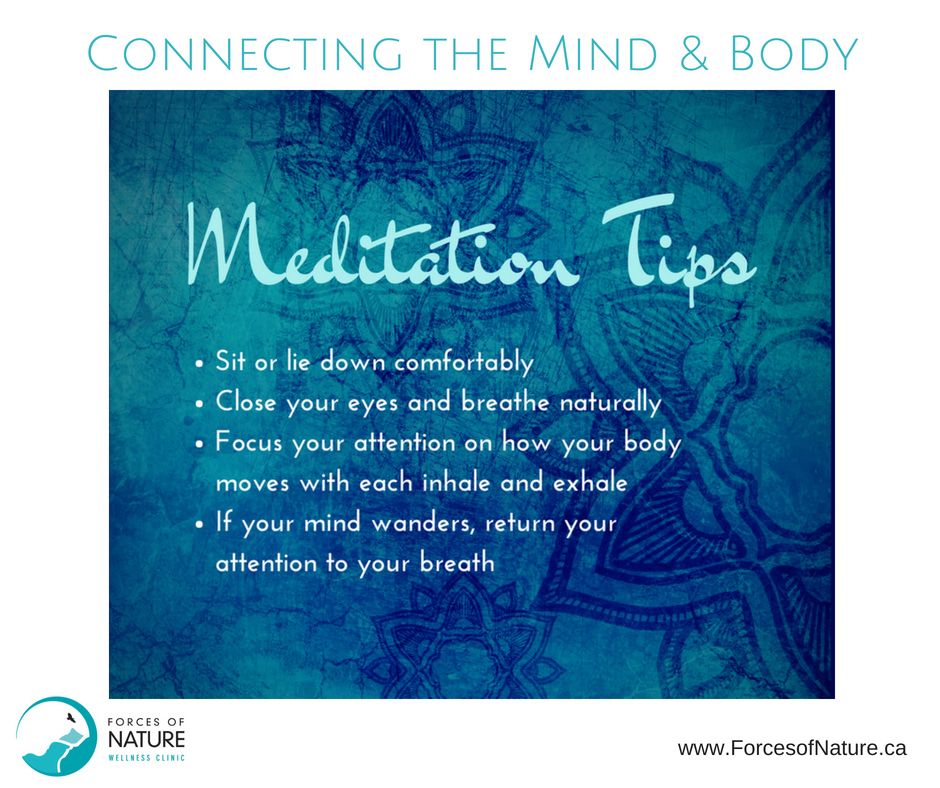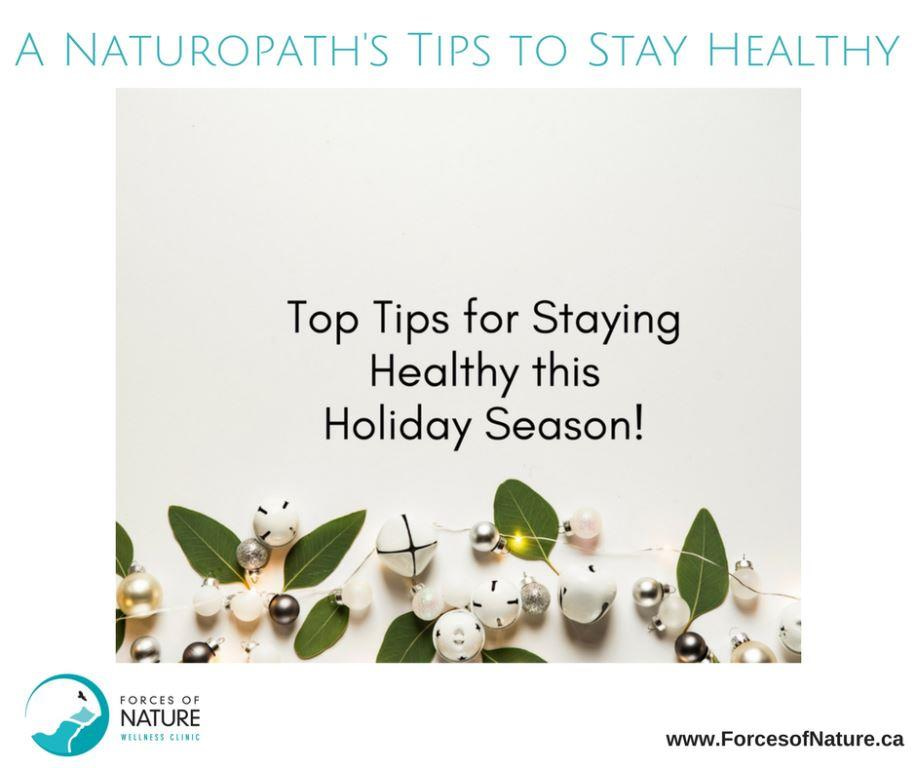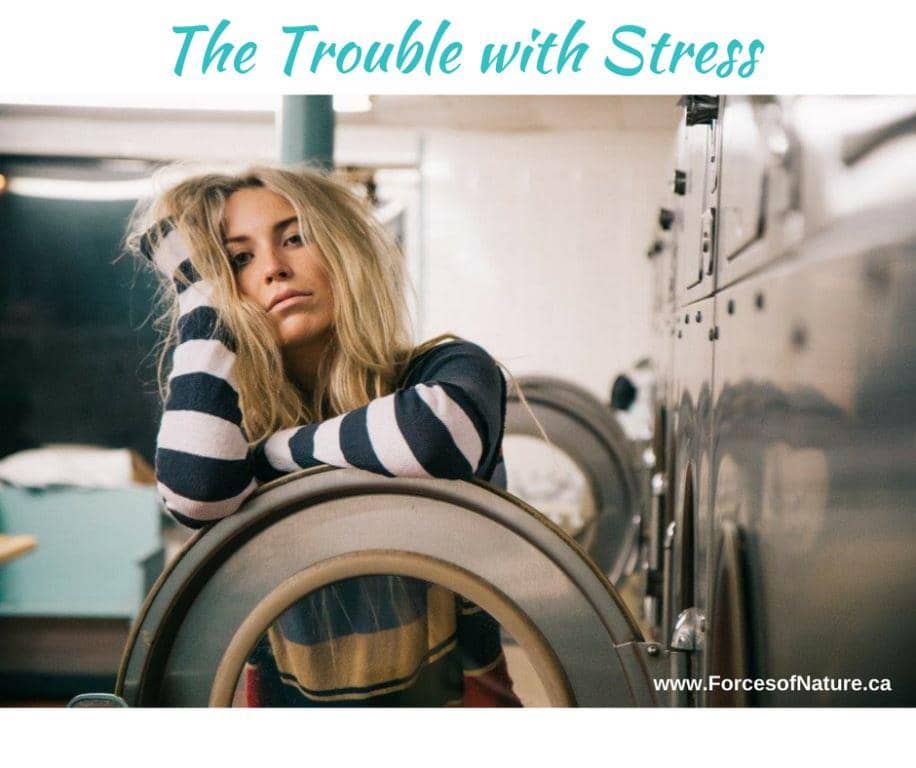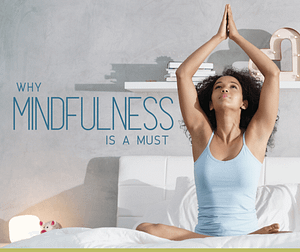
The Benefits of Meditation For Anxiety in Difficult Times
Do you have tense muscles? Are your shoulders creeping up toward your ears? Do you obsess about the news? Do you have anxiety about your future? Difficulty sleeping? All of the above? You’re definitely not alone. There’s no doubt that we are all living with a lot of uncertainty right now.
So how can we cope when we don’t know if we’ll keep our job if we can pay our rent or mortgage, if we can keep putting food on the table, if we can save for our retirement or our children’s education?
How Doing Nothing Helps You Cope with Everything
The answer might be as simple as doing nothing, simply sitting still and purposefully clearing your thoughts through meditation. Studies show that it has an astounding number of benefits that are vital in situations just like this.
In fact, fostering an ongoing meditation practice actually changes the structure of your brain. That change provides benefits that continue even when you have finished meditating.
In short, meditation just may be one of the best things you can do for yourself in these troubled times. Will it put food on the table? No. But, it may get your brain out of the current “fight or flight” pattern that makes clear-headed decision making next to impossible. That way you can make a clear and decisive path forward.
Five Benefits Of Meditation
Here are just a few of the many positive things that happen when you meditate:
Lower Blood Pressure
As I mentioned, meditation decreases the “flight or fight” hormones in your body. As a result of this relaxation response, your blood vessels open up, which in turn improves your blood pressure if it tends to be high.
Less Stress-Induced Inflammation
Excess cortisol, one of your main stress hormones, increases blood sugar, which then increases insulin, which leads to inflammation in many parts of your body. A common example of this is in your gut. Digestive issues are common during times of high stress. Because meditation lowers the amount of cortisol you produce, inflammation is reduced.
Embracing Uncertainty
Despite all of the health benefits, the ultimate goal of meditation isn’t necessarily focused on physical results. It’s more a process of learning to embrace uncertainty. It’s not about eliminating or controlling the storm, it’s about learning to be still and calm despite the storm going on around you.
A More Optimistic Outlook
Who doesn’t need a more positive outlook right now? Meditation has been found to actually alter (in a good way) the parts of your brain responsible for positive thoughts. As well, by becoming more aware of your thoughts, you can fend off negativity. There are many health benefits to having a positive, optimistic attitude. In fact, studies show that higher optimism is a significant predictor of better survival, better cardiovascular outcomes, improved physiological markers (including immune function), better outcomes related to pregnancy, fewer physical symptoms, and reduced pain.
Reduced Anxiety And Rumination
It’s perfectly normal to be experiencing anxiety and worries about health and financial security when you are faced with something as stressful as a pandemic. However, when those thoughts spiral out of control they can negatively affect your family members as well as your own mental and physical health. High cortisol levels even lower your immune response, and we all need a strong immune system right now.
How Does Meditation Help With Negative Thoughts?
It may be difficult to imagine reining in the out-of-control, off-the-rails thought train when world events, and substantial changes to our daily lives, are so overwhelming.
However, meditation teaches us how to experience those thoughts without panicking or feeling the need to repress them. With a little practice, you should be able to just sit with your thoughts and feelings, without judgment or analysis, and start to process them without spiralling out of control. You can be present in the moment without projecting into the future or ruminating on the past.
And right now, faced with so many uncertainties, that’s particularly beneficial.
Why Start Meditating Now?
You might feel that now is not a good time to start meditation. After all, you’re likely stuck at home and perhaps feel antsy and confined. Who wants to sit still? However, meditation has proven to be an effective mental health treatment. Right now we need to be focusing not just on keeping a healthy body but also maintaining a healthy mind.
How To Meditate
Many people find the thought of taking up meditation a bit intimidating. After all, it has had a reputation of being “weird” and “fringe” throughout the ages. It’s important to know that you don’t have to “master” meditation. It’s OK to be imperfect. Your mind will probably wander, and you may feel uncomfortable at first. That’s perfectly normal.
Setting Up Your Practice
The good news is that it’s surprisingly simple to get started. In basic terms, you just need to:
- Find a comfortable place. Ideally, somewhere that is quiet.
- Sit in a natural, relaxed position.
- Breathe normally.
- Focus on your breath.
Try not to overthink this: just focus on each exhalation and inhalation. It’s not necessary to force anything.
- If your mind wanders (and since you’re human, there’s a good chance that it will) try to sit back and “observe” your thoughts. Don’t analyze them. And don’t berate yourself for losing focus. It’s all part of the process. They are just passing through your brain.
How Long Should You Meditate For?
You may have heard of people going on week-long meditation retreats. That’s great – but it’s not really necessary. Just a few minutes a day is a good start. In fact, studies have found that just five minutes of meditation has significant benefits.
And who can’t fit 5 minutes of meditation into their day?
How Often Should You Meditate?
As with many things, consistency is a key component of a successful meditation practice. Try to carve out a few minutes per day to dedicate to your mental health. Some people find that it helps to make it the same time every day. Some find that doing 5 minutes in the morning as soon as they wake up and setting an intention for the day helps. Others will do 5 minutes as they are going to bed at night. And other people find it beneficial to do 5 minutes here and there throughout the day when they are feeling the most anxious. There is no hard and fast rule. Do what works for you.
Ok, full disclosure here, I have a hard time with meditating. I find it hard to just be still and “do nothing”. But here’s what I can do. After I have done my morning yoga, and I reach the end. I’m lying on my back in Shavasana or Corpse pose, then I can add 5 more minutes to just clear my mind and prepare for the rest of my day. That’s what works best for me with meditation.
Resources To Get Your Meditation Practice Started
There are quite a few wonderful resources available to help you get started with meditation should you need a little help – here are a few of our favourites:
Wherever You Go, There You Are
Meditation for Fidgety Skeptics
There are many reasons to start meditation. Why not start now? Let us know how it works for you and remember that we are here to support your health and wellness.
Need more help?
Our clinic is still (virtually) open via telehealth (phone or video call) with our naturopaths, our chiropractor, our dietitian, and our psychotherapist. Chiropractor Dr. Darlene Buan-Basit is available for in-person essential care appointments. Simply send us an email at Maria@ForcesofNature.ca, leave a message 416-481-0222 or book online.
By Dr. Pamela Frank, BSc(Hons), ND
Meditation Research
https://www.ncbi.nlm.nih.gov/pubmed/25390009
https://www.npr.org/2008/08/21/93796200/to-lower-blood-pressure-open-up-and-say-om
https://www.sciencedirect.com/science/article/pii/S0889159112004758
https://www.sciencedirect.com/science/article/pii/S0889159112004758
https://journals.sagepub.com/doi/full/10.1177/0306624X19856232
https://journals.lww.com/psychosomaticmedicine/Abstract/2003/07000/Alterations_in_Brain and_Immune_Function_Produced.14.aspx
